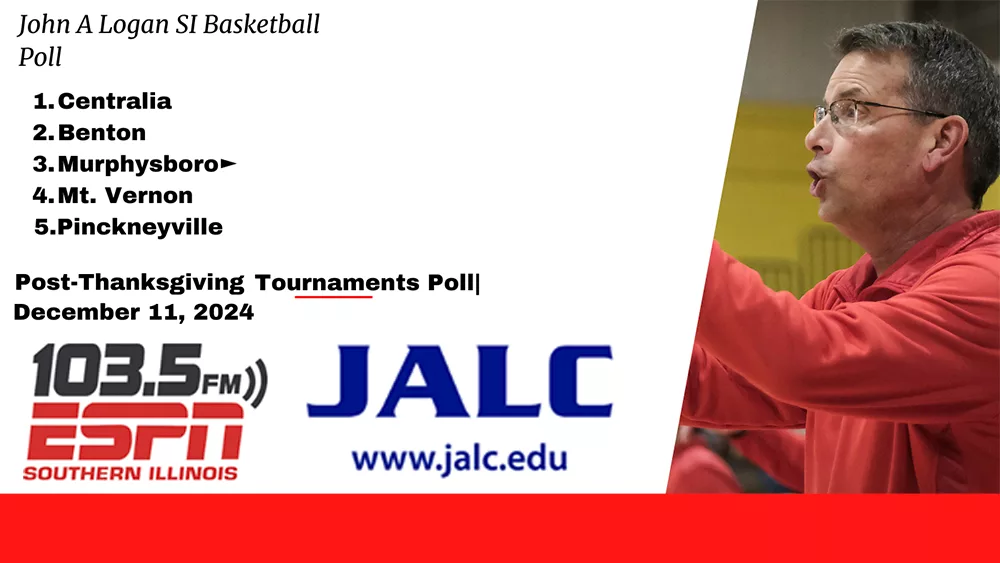By CATRINA BARKER
Illinois Radio Network
SPRINGFIELD, Ill. (IRN) – Illinois legislators heard psychiatrists and special interest groups urge for passage of House Bill 1, which seeks to legalize substances like psilocybin.
An Illinois House Committee held a hearing Tuesday afternoon in Chicago to delve into the issue of whether psychedelic substances like psilocybin, or “magic mushrooms,” could be used for psychological treatment.
Psychedelic psychotherapist Drew Snyder is a veteran who was diagnosed with PTSD and testified that he’s benefited from psilocybin treatment. Snyder is employed at the Colorado-based Integrative Psychiatry Institute.
“This [psilocybin] was a last ditch effort to reclaim my mental health and I had a therapeutic journey that was profound and transformative,” Snyder said. “I was able to access and heal these deep wounds in my psyche and it was just days after that and I was standing in the kitchen with my wife and I remember her saying, ‘I feel like I have my husband back, the man I originally married.’”
State Rep. Bill Hauter, R-Morton, is also an emergency room physician. He said he’s always excited for any potential breakthrough in medication for mental healthcare.
“But as physicians we have to deal in evidence, not emotion,” Hauter told The Center Square. “[Proponents say] it’s harmless, there’s no possibility of addiction, it’s completely safe. If that’s all true, prove it.”
House Bill 1 is sponsored by state Rep. La Shawn Ford, D-Chicago.
Illinois Psychiatric Society are “in-part” opponents of legalizing psilocybin for psychological treatment, according to Christopher Holden, testifying as a leader of the society. Hauter questioned Holden in the hearing.
“Would you say there are not enough safeguards for patient safety?” asked Hauter.
“Yes,” Holden.
“Are you concerned how it would be administered and that those administering it would not have the proper education, expertise, training and experience to handle and administer these medications?” asked Hauter.
“Yes,” said Holden.
“Are you concerned about the complications that may occur?” asked Hauter.
“Yes,” said Holden.
“Is that why the Illinois Psychiatric Society is opposed?” asked Hauter.
“At least in part,” said Holden.
Prior to Holden admitting there is not enough evidence of the efficacy and safety of psychedelic medications, Holen said, “it is important to not get ahead of the science.”
“I see the potential in this and I desperately want this to help people but we have to go through the process. When we come and try to approve an illegal substance without enough evidence, creating a licensing system for I don’t know who will be administering this medication and treatment, it’s not FDA approved, and then we complain that mental health care is not being treated like healthcare, you know it’s just frustrating because we don’t want to go through the process that it takes,” said Hauter.
Dr. Abid Nazeer, co-founder and chief medical officer of Advanced Psych Solutions, currently provides Spravato and ketamine. He testified that psilocybin has both a psychological and medical benefit.
“When we look at psychological benefit, due to the psychedelics causing an altered state of consciousness allows you to look at your previous trauma or yourself from a new light, especially when you’re pairing that with psychotherapy from certified psychotherapists who have been trained in leveraging this medication and offering it in an environment where safety and screening and follow-up are paramount,” Nazeer said. “They alter the neural connectivity, they quiet certain regions of the brain, the overactive regions that have a lot of negative self-talk, and they allow the patient’s brain to be in a more malleable state and rebuild some of those neuronal highways.”
Separately, state Rep. Dennis Tipsword, R-Metamora, expressed concern that Illinois could potentially legalize psilocybin, which is classified as a Schedule 1 drug under the Controlled Substances Act. Schedule 1 drugs, according to the Drug Enforcement Administration, have a high potential for abuse. Proponents said there is “next to zero” concern that psilocybin is addictive.




